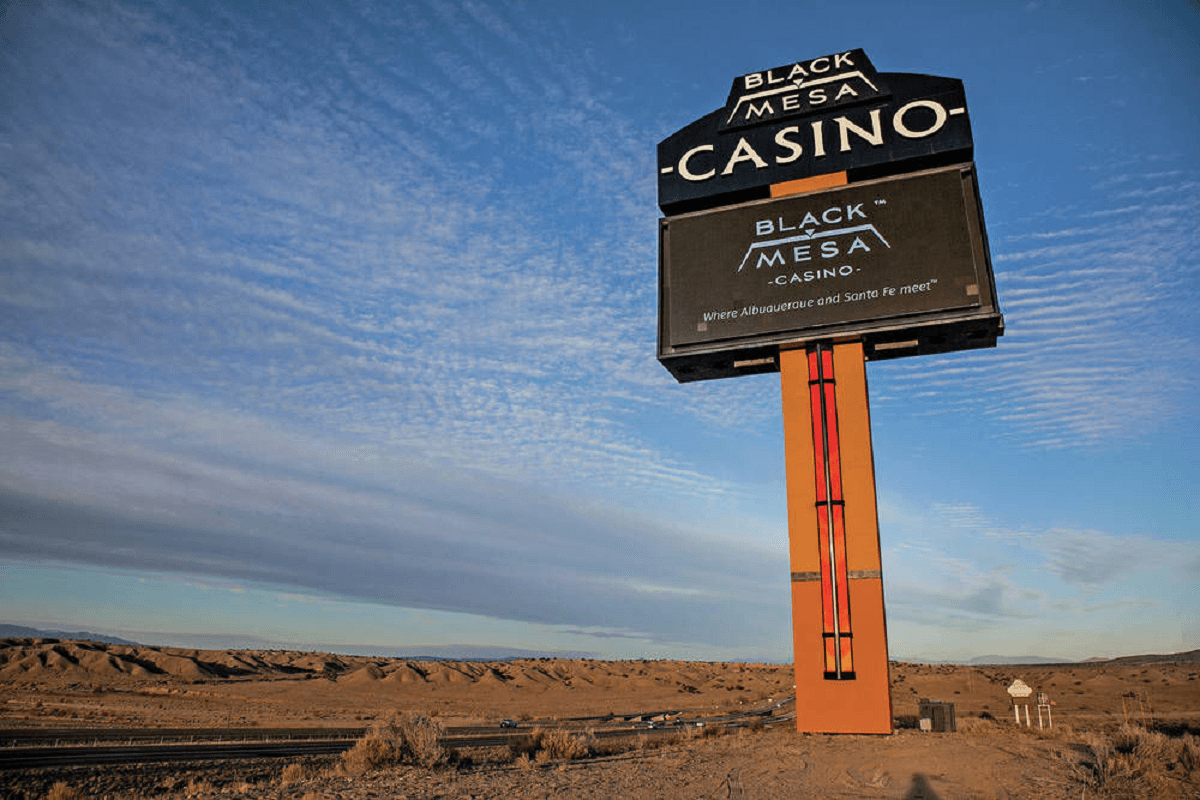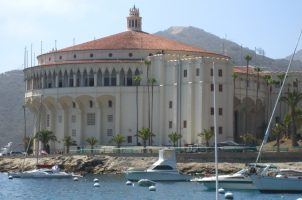Federal Court Sides With New Mexico Tribes Over $60 Million Bill on Non-Existent Revenues
Posted on: April 4, 2019, 08:16h.
Last updated on: April 4, 2019, 08:16h.
A federal judge in New Mexico has ruled the states’ assertion that six of its tribal operators owe millions in revenue-share back payments is based on flawed accounting, The Santa Fe New Mexican reports.

In 2017, the New Mexican Gaming Control Board requested payment of more than $60 million from most of the state’s 14 tribal operators – a demand related to the free-play credits operators load onto customer rewards cards.
Under the terms of the tribes’ previous compact, which expired in 2015, operators were required to treat credits lost by customers through freeplay as revenue to be shared with the state, despite the fact that no such revenue actually existed.
So, if customer played with $10 of free credits and lost $8 — as slots “win,” that $8 would be subject to revenue share, with the state taking around 9 percent.
Naked Cash Grab
In 2015, the federal government agreed with the tribes that the system was not in line with standard accounting practices and it was removed from new compacts that year. But the state still believed it was entitled to a share of freeplay revenues from 2011 to 2015 when the system was still in place.
In 2017, the pueblos of Isleta, Sandia, Tesuque, Santa Ana, Santa Clara and San Felipe filed a lawsuit against the state arguing its demands amounted to little more than a naked cash grab — “a specious attempt to reach deeper into the pockets of New Mexico’s Native American tribes” — at a time when the legislature was looking for a convenient way of plugging a $70 million budget shortfall.
This week, the judge agreed.
‘Complete Vindication’ for New Mexico Tribes
“It’s a common sense observation that it makes no sense to claim revenue sharing based on something that is not, in fact, revenue,” said Richard W. Hughes, lawyer for the Santa Clara and Santa Ana pueblos, who added that the tribes “feel like it was a complete vindication of [their] position, a position we’ve taken consistently for the 10, 12 years this dispute has been going on.”
The state could appeal, a decision that will be up to New Mexico’s new Democratic governor Michelle Lujan Grisham. But the new governor is more sensitive to tribal interests than her predecessor, Susana Martinez, which makes an appeal less likely.
On Wednesday Lujan Grisham signed a bill into law that replaces the Columbus Day holiday in New Mexico with Indigenous People’s Day.
Related News Articles
Biggest Gaming Industry Legal Conflicts, Battles, and Outright Wars of 2018
Most Popular
Mega Millions Reportedly Mulling Substantial Ticket Price Increase
NoMad Hotel to Check Out of Park MGM on Las Vegas Strip
Most Commented
-
End of the Line for Las Vegas Monorail
— April 5, 2024 — 90 Comments -
Mega Millions Reportedly Mulling Substantial Ticket Price Increase
— April 16, 2024 — 9 Comments -
Long Island Casino Opponents Love New York Licensing Delays
— March 27, 2024 — 5 Comments
















No comments yet